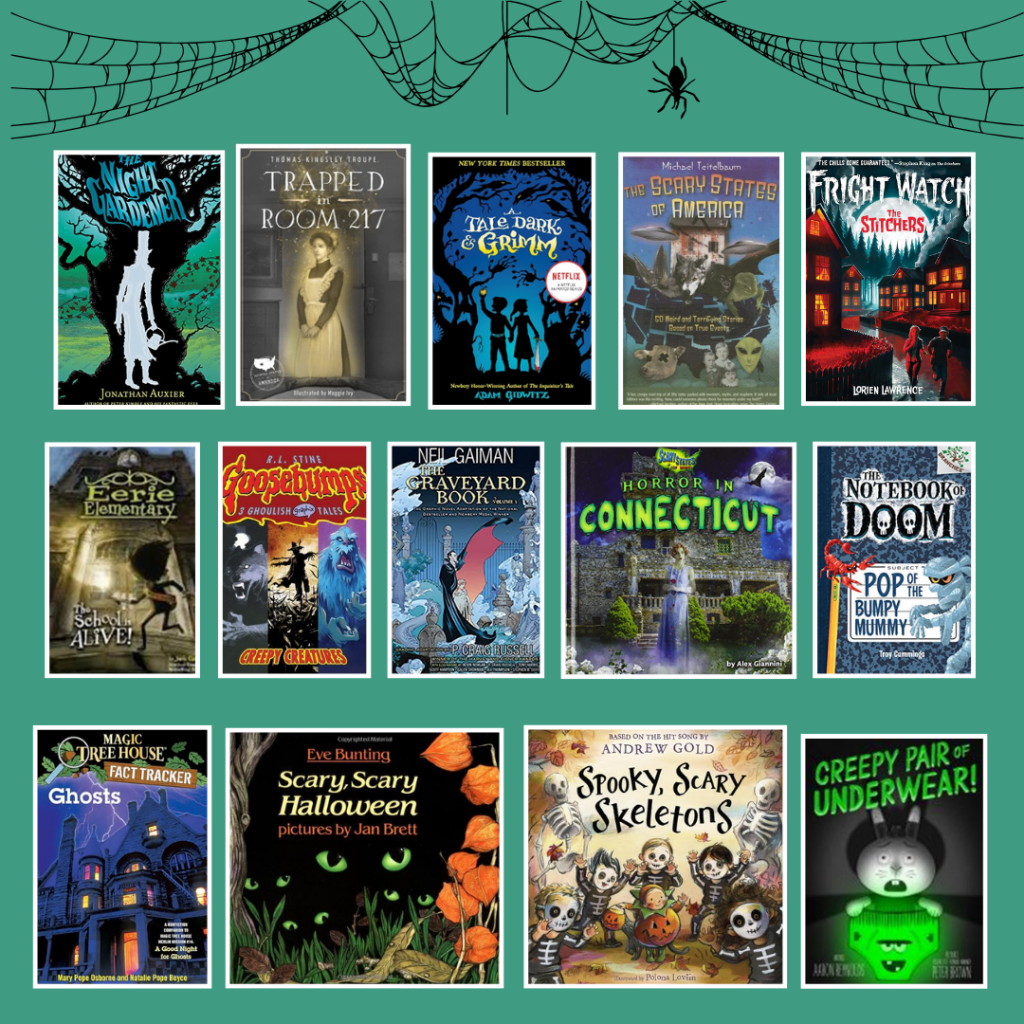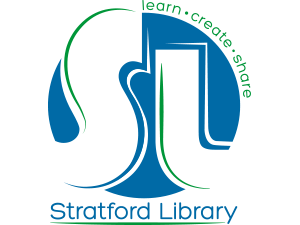Welcome to the Stratford Library Children’s Department.
Spooky Book Suggestions
It is that time of the year for spooky, weird and scary books that aren’t too terrifying.
Continue reading →
School Safety Resources for Families
In response to recent concerns about schools and digital safety/conduct, the Stratford Library Association has compiled the following links to assist parents in speaking with their children about protecting themselves and engaging in appropriate online behavior.
Online Safety: Internet Safety Laws, Online Protection, and Oversight of Kids’ Online Activities (in English & Spanish)
https://kidshealth.org/en/parents/net-safety.htmlYour Online Presence: Privacy, Online Bullying, and Rules to Follow (in English & Spanish)
https://kidshealth.org/en/kids/online-id.htmlFederal Trade Commission: Protecting Kids Online (in English & Spanish)
https://consumer.ftc.gov/identity-theft-and-online-security/protecting-kids-onlineNational Association of School Psychologists: Talking to Children About Violence (in English, Arabic, Chinese, Spanish, and Vietnamese)
https://www.nasponline.org/resources-and-publications/resources-and-podcasts/school-safety-and-crisis/school-violence-resources/talking-to-children-about-violence-tips-for-families-and-educatorsConnecticut Legislation: Threats to Schools
https://www.cga.ct.gov/2014/rpt/2014-R-0282.htm#:~:text=Existing%20state%20law%20does%20not,with%20a%20number%20of%20crimesFlorida Department of Juvenile Justice Resource Guide on School Threats
Continue reading →
https://www.miamisprings-fl.gov/sites/default/files/fileattachments/police/page/37931/inj_awareness_campaign-resource_guide_final.pdfPreschool Library Programs 2024

